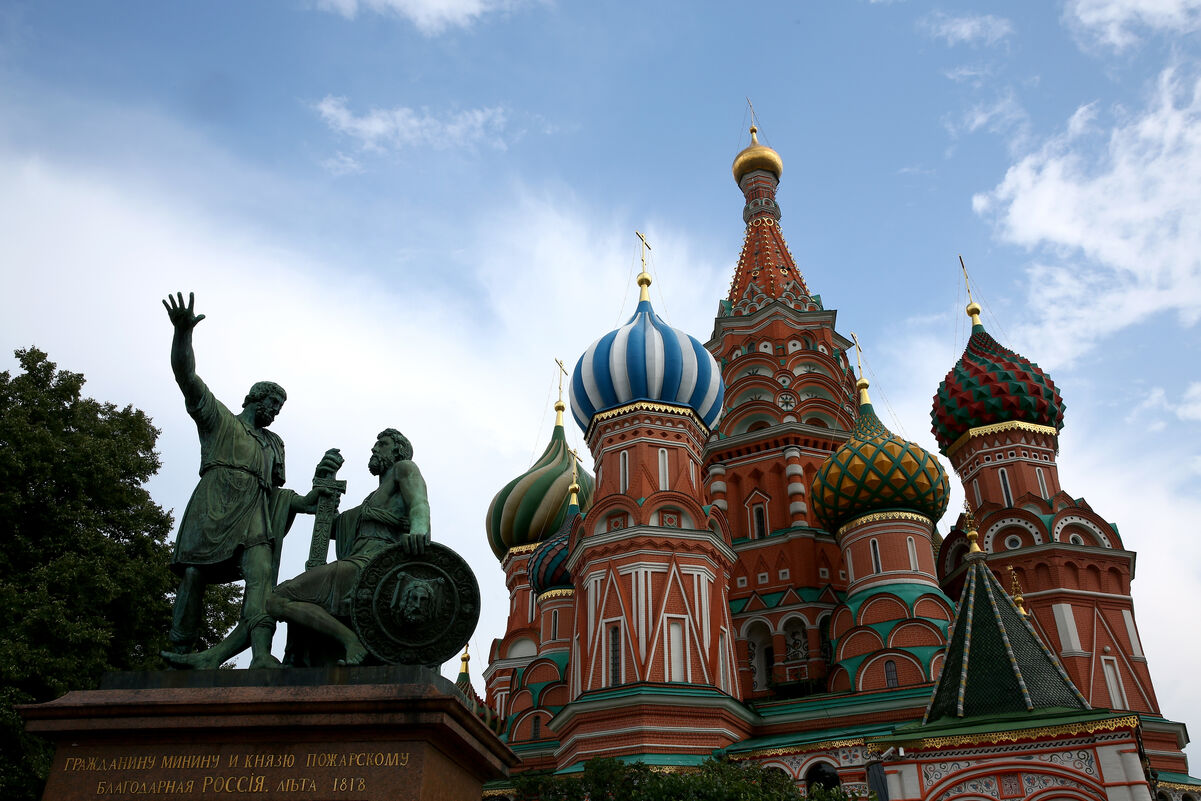A leading supporter of LGBTQ rights in Russia has been banned from running against Vladimir Putin in next year’s presidential elections.
Officials with the Kremlin announced on Dec. 25 that opposition leader Alexei Navalny would not be allowed to campaign against Putin, who has held power off and on for close to two decades. The government decides who is permitted to run against the Russian president in the intermittent elections, which were last held in 2012. Putin was re-elected with more than 63 percent of the vote.
The Kremlin has declared the 40-year-old ineligible to challenge the incumbent in the 2018 race due to charges of embezzlement from four years ago, a conviction which The Economist has described as “trumped up.” The AP calls the sentence “political retribution.”
Navalny could have joined the race with special permission from federal authorities, but that was denied.
The attorney-turned-presidential-hopeful has previously been arrested several times for protesting the Putin regime, which has branded itself as the only option for the Russian people by extinguishing dissent. At a rally earlier this year, Navalny told supporters that their “biggest enemy” is neither the president nor a government powered by corruption: It’s “the belief that we cannot change anything.”
Navalny, who might be considered a libertarian in the U.S., has campaigned on modernizing Russia’s autocratic rule. Among those reforms is a major push for LGBTQ rights in a nation viewed as unfriendly toward queer and transgender people.
A major tenet of his campaign platform is the repeal of Russia’s anti-gay propaganda law, which was passed by the Duma with near unanimity in 2013. That legislation bans the spread of any information viewed as promoting “nontraditional sexual relationships” to minors. In truth, the four-year-old law has squashed LGBTQ life in the Eurasian country, while causing hate crimes against queer and trans individuals to double.
An HIV/AIDS advocate, Evdokia Romanova, was fined earlier this year for posting news articles about LGBTQ rights on Facebook.
Navalny has called the anti-gay propaganda law “pointless.”
“[The law] does not lead to anything, except that it puts people in jail for likes on social networks,” he told RBC in December of last year, an interview which has been translated from the original Russian. “There is no such thing as gay propaganda. It was invented in order to find some kind of enemy distracting society from problems.”
The dissident, who supports marriage equality, has also said he would put the legalization of same-sex unions to a public votesimilar to Australia’s controversial 2017 referendum.
The Kremlin has used Navalny’s LGBTQ rights advocacy in attack campaigns smearing his embattled bid for the presidency. Fake posters for his campaign hung in the Southeastern town of Khabarovsk claimed that Navalny favors “gay parades instead of victory parades,” as The Economist reports.
While the opposition leader supports LGBTQ equality, Putin has yet to condemn the forced detainment of more than 100 people in his own country following Chechnya’s anti-gay purge.
At least four people have been killed as a result.
The upcoming presidential elections will be held on March 18, 2018.
Don't forget to share:
Help make sure LGBTQ+ stories are being told...
We can't rely on mainstream media to tell our stories. That's why we don't lock our articles behind a paywall. Will you support our mission with a contribution today?
Cancel anytime · Proudly LGBTQ+ owned and operated
Read More in Impact
The Latest on INTO
Subscribe to get a twice-weekly dose of queer news, updates, and insights from the INTO team.
in Your Inbox













